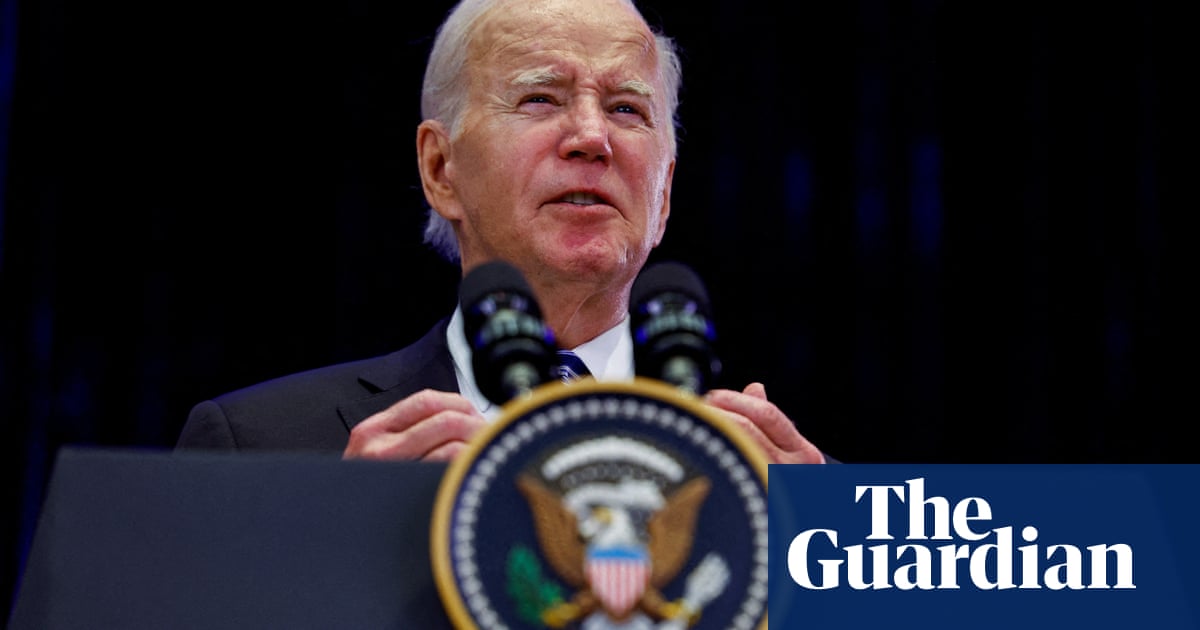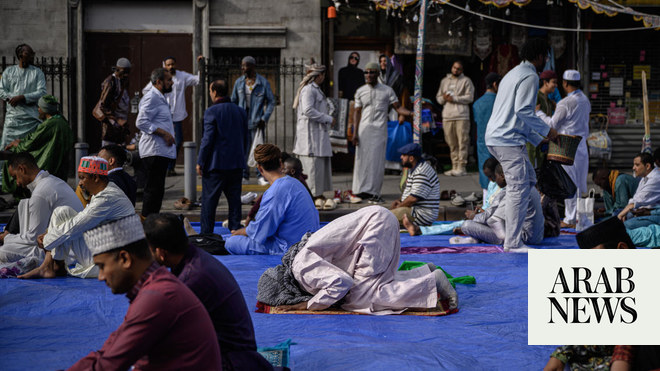
ome of my earliest memories are of wanting to study science. It has been a privilege to have had the opportunity to make this my career, and it has been a pursuit in search of making the world a better place.
Scientific research is built on the idea of learning from mistakes in order to come closer to the truth. It involves a combination of ambitious conjectures, blunt criticism and humble admissions of error. Misunderstandings arise when the scientific method meets social and political intolerances; uncertainty and doubt can be interpreted as a sign of weakness or vacillation.
Right now, during one of the most serious pandemics in recorded history, this mismatch has serious implications. Those who have looked to science for answers may be confused: rather than asserting facts, science is about understanding and narrowing down uncertainty. There have been mischaracterisations of the scientific advice informing the government’s coronavirus response, and of the researchers involved.
The scientists involved in this endeavour are legitimate subjects of critique and scrutiny, but it’s worrying to see the Scientific Advisory Group for Emergencies (Sage) – a largely voluntary group of scientists who have spent the last few months crunching data and giving free, frank, politically neutral and objective advice – described in increasingly sinister terms, from “opaque” to “secretive” – and even “like a virtual black box”. These are unjustified descriptions.
In past emergencies, such as the Ebola and Zika viruses, evidence from Sage has been published when the group finally stood down. At the time, this was a reasonable approach. Coronavirus is different, so Sage has published its workings and advice, albeit with a time lag between its production and publication. As the group exists to inform government, it’s right that the government should be the first to receive its advice. Some have suggested that publication could be quicker, but we’ve learned during this fast-moving situation that hindsight is the cheapest commodity for critics.
The scientists involved in Sage are sensitive to this criticism, but it will not divert them from providing their best advice with as much transparency as can be mustered in the time available, so long as this doesn’t undermine the very purpose of the group. Aside from serving public interest, transparency sharpens and improves scientific thinking.
In the past four weeks, more than 300 pieces of evidence have been published from the efforts of hundreds of scientists who make contributions to Sage in some form. The people who produce this material, and who attend Sage meetings, are doing this out of a sense of duty rather than pleasure. They value their independence from the political process and want to solve pressing problems.
Sage is not a monolithic body. Nor is it the arbiter of truth. None of those who attend its meetings would see it that way. The group and its members aren’t there to make judgments about how the government uses its advice. There are plenty of other mechanisms for holding the government to account. Individual contributors are free to hold their own opinions and to talk openly about them, but Sage works by consensus, recording where necessary when there are disagreements.
A small army of scientists has been helping us navigate this crisis. Many have nothing to do with Sage, but the vast majority will be acutely aware of the responsibility and trust invested in them. In the years to come, when this awful disease is no longer shaping all of our lives, they will probably once again merge into the background, but I hope they will not be forgotten.
• Ian Boyd is a professor of biology at the University of St Andrews and a contributor to Sage












